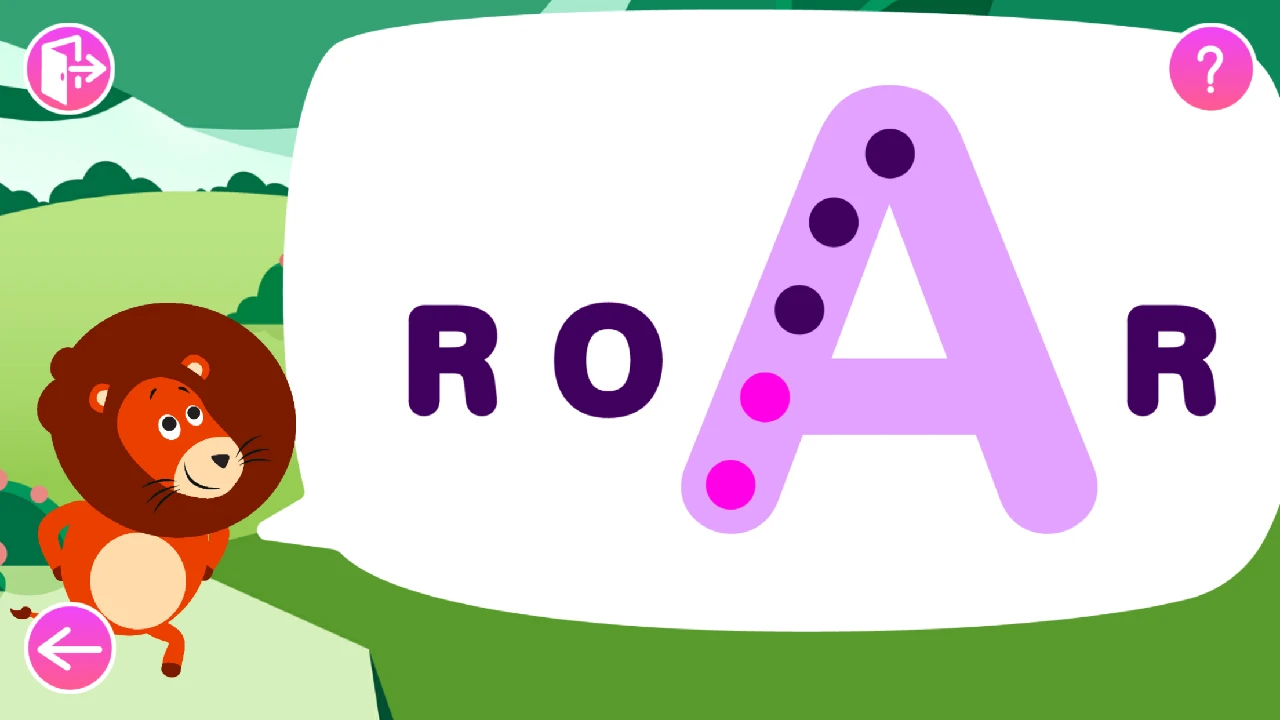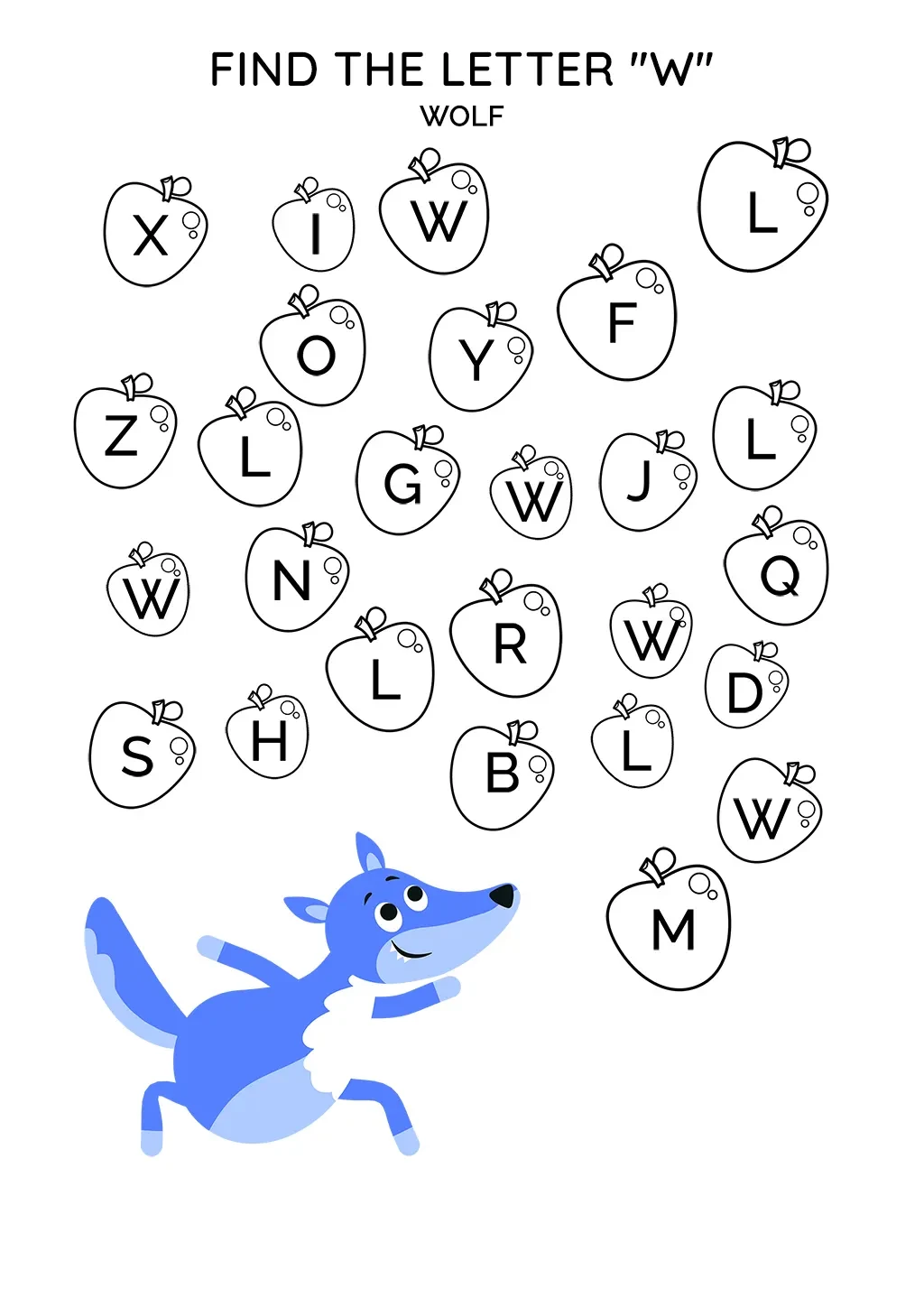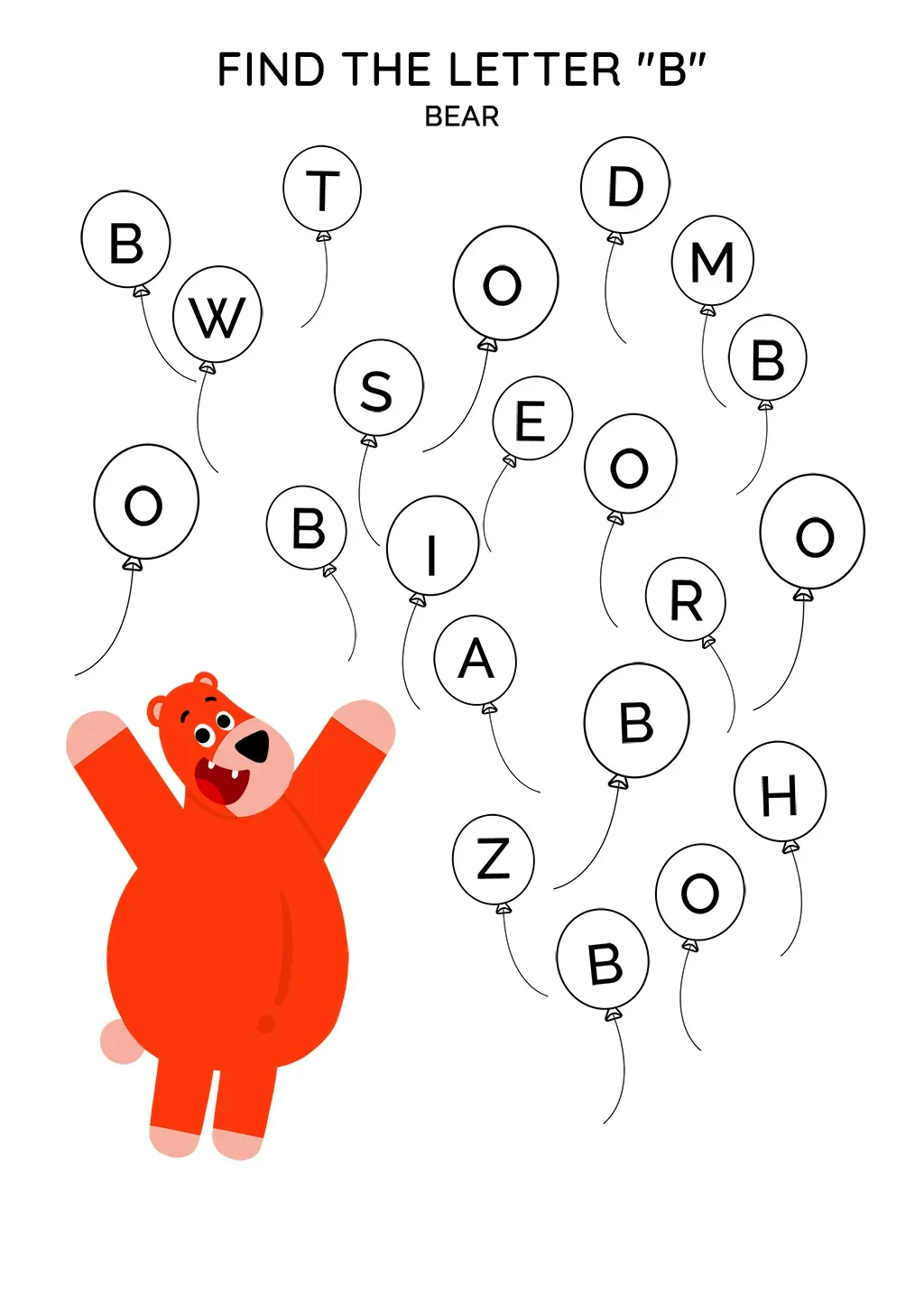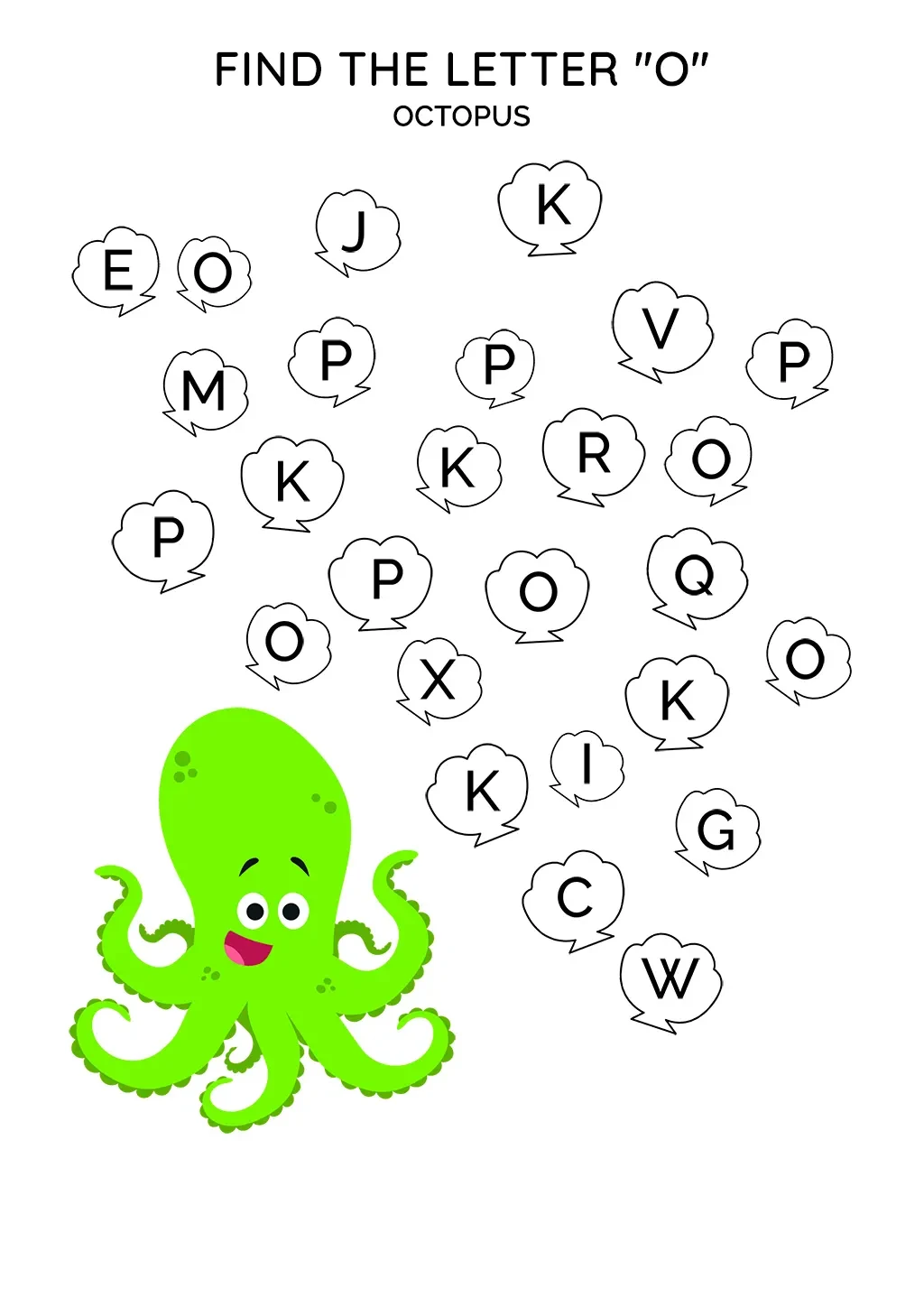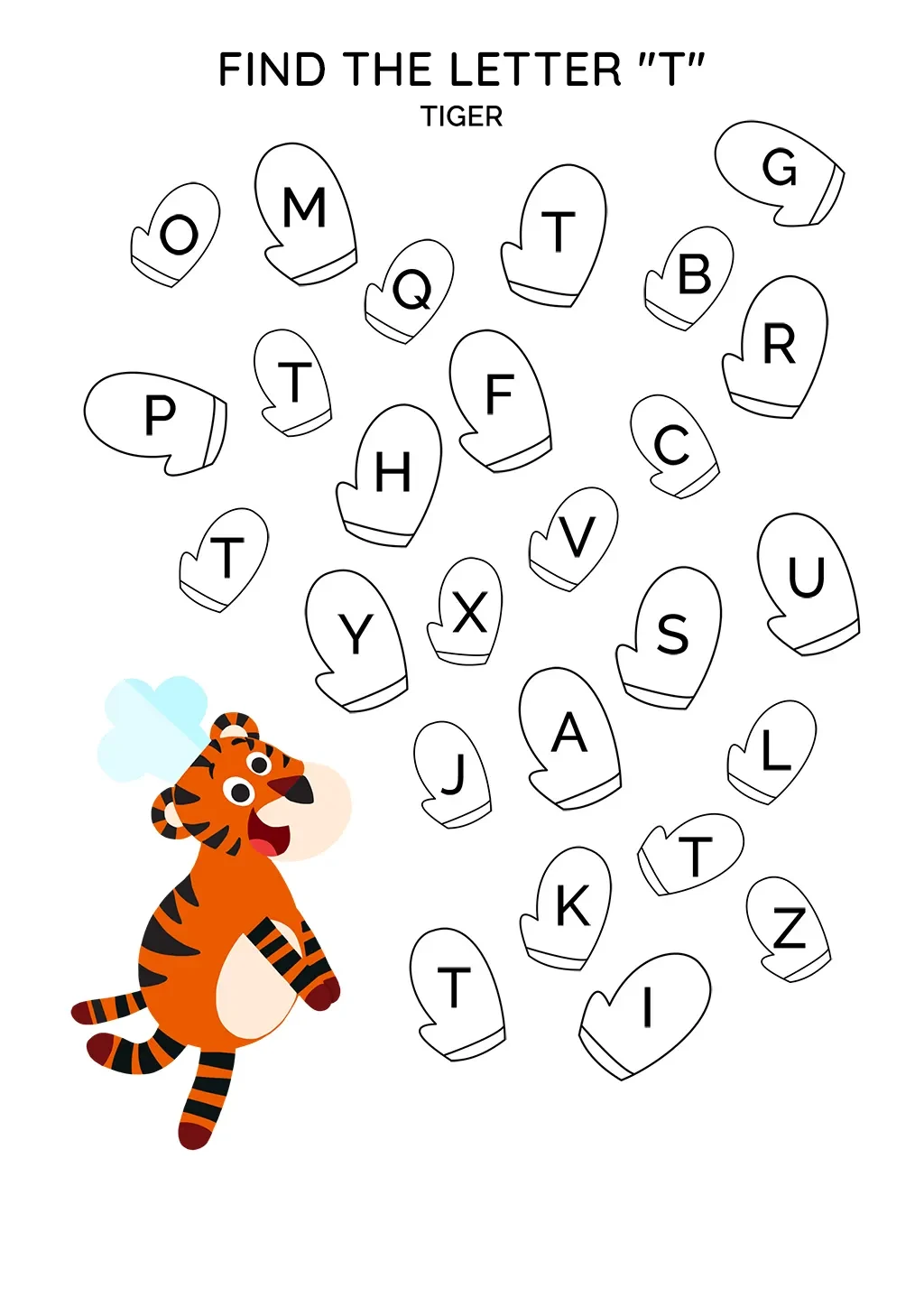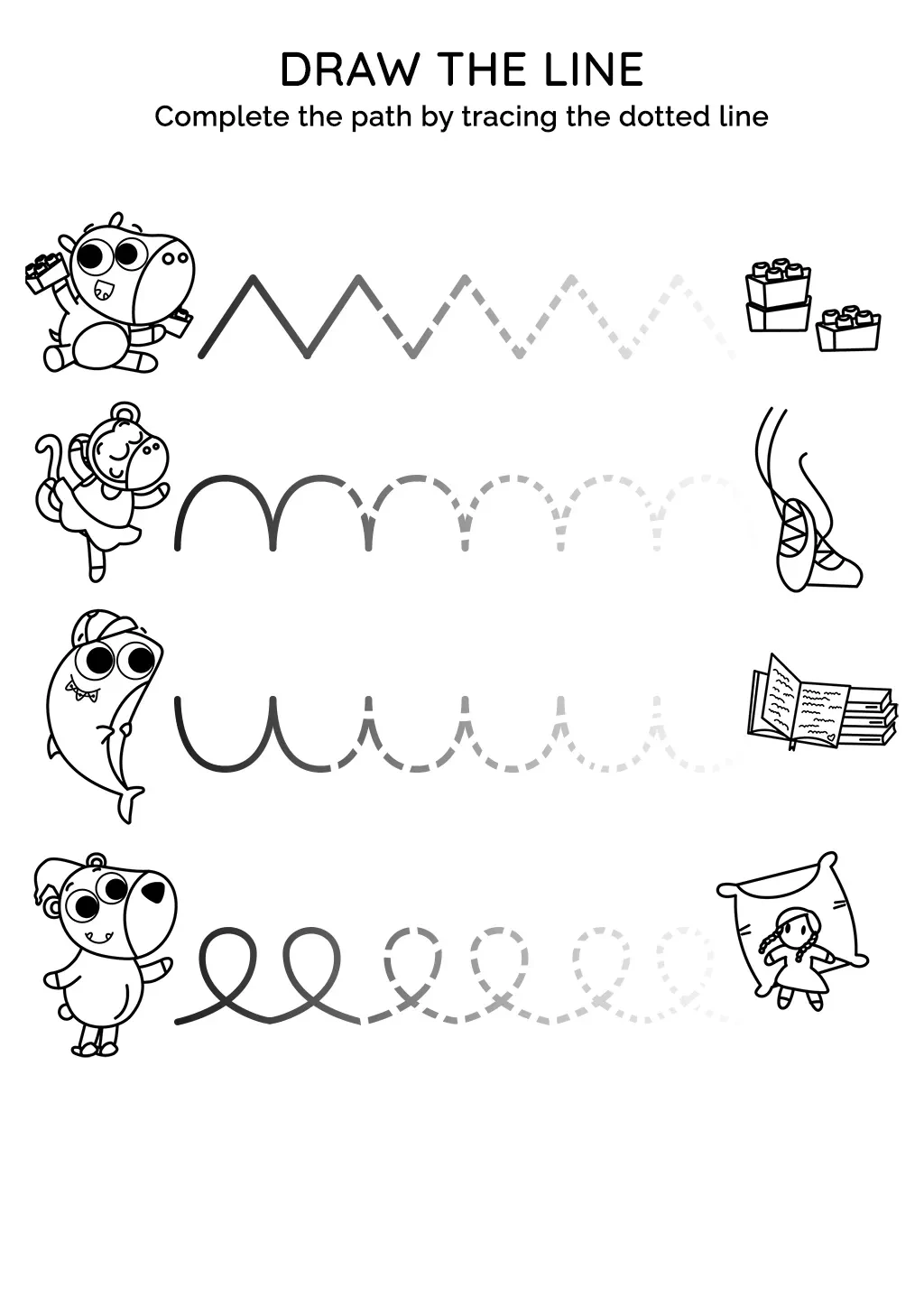Building strong fine motor skills is crucial for young children as they embark on their writing journey. These skills involve the coordination of small muscles in the hands and fingers, which play a vital role in controlling pencils, crayons, and other writing tools. By engaging in fun and educational activities that enhance fine motor skills, children can improve their dexterity, hand-eye coordination, and overall writing abilities. Discover a variety of exciting activities designed to help children develop their fine motor skills for writing.
Fine motor skills are essential for the development of writing abilities in children. They involve the precise movement and control of small muscles in the hands, fingers, and wrists. These skills enable children to perform tasks such as grasping writing tools, manipulating objects, and making precise hand movements. Developing strong fine motor skills enhances a child’s ability to write with control, accuracy, and fluency.
Developing fine motor skills is essential for young children as they begin their journey in writing. By engaging in activities that promote hand-eye coordination, finger dexterity, and muscle strength, parents and educators can help children build the necessary skills for successful writing. Encourage children to develop fine motor skills for writing through interactive games, captivating stories, and educational worksheets available on Smart Tales. These resources provide engaging and age-appropriate content that enhances hand control, pencil grip, and overall fine motor abilities. Start the journey of developing fine motor skills for writing with your child or student today and set them up for success in their writing endeavors!
Each interactive story in Smart Tales is designed to engage children in an interactive learning experience. As they listen to the story, children are involved in a series of activities that require precision and hand and finger control, thereby helping to improve their fine motor skills.
In the vast array of interactive and educational games within the Smart Tales app, your child or student can embark on an exciting journey to develop fine motor skills for writing. Engage with fun characters and engaging activities in Smart Tales games and watch as their writing abilities flourish!
Through the carefully designed and curated educational worksheets of Smart Tales, created with care and attention by experts in pedagogical education, your child or student can learn and reinforce fine motor skills for writing. Print and engage with Smart Tales worksheets to transform writing practice into an enjoyable and skill-enhancing experience!
Developing fine motor skills is vital for young children as they embark on their writing journey. By engaging in fun and educational activities such as playdough creations, bead stringing, cutting and collaging, tracing and coloring adventures, and sensory exploration, children can strengthen their hand muscles, enhance hand-eye coordination, and improve their overall writing abilities. Smart Tales offers a range of interactive stories, games, and educational worksheets focused on fine motor skills for writing, providing an enjoyable and effective learning experience for children.
